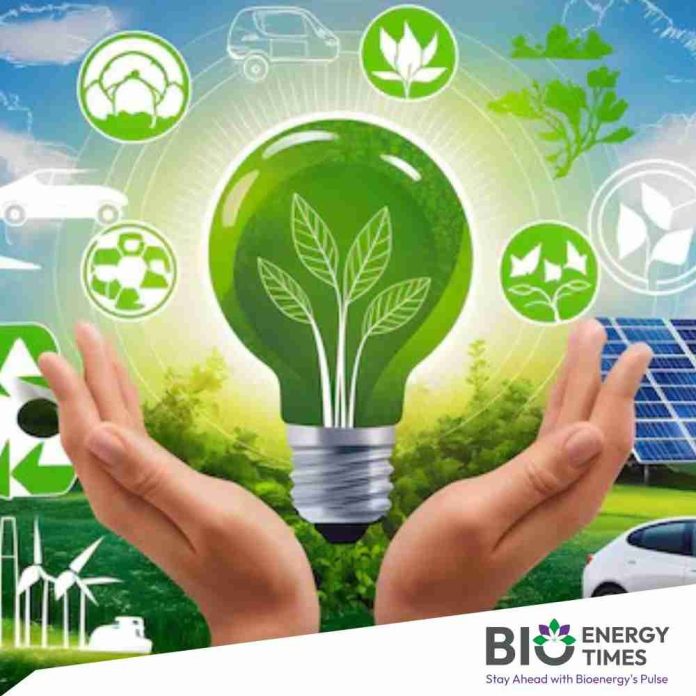The Reserve Bank of India (RBI) stated in its latest report that the reliance on fossil fuels for electricity generation in India will conclude by the end of the decade.
The report predicts that renewable energy will surpass a 50 percent share of global electricity generation. It emphasized that the energy transition has gained momentum in recent years, with clean technology deployment and capital investments reaching unprecedented levels.
RBI remarked, “The era of fossil fuels’ dominance is nearing its end, with renewables anticipated to exceed 50 percent of global electricity generation by the decade’s close.”
The report also indicated that the shift towards cleaner energy sources presents an opportunity to address “hard-to-abate” sectors, such as steelmaking and aviation, where low-carbon alternatives are still developing. It underscored the need for increased investments in low-carbon energy.
RBI added, “Cleaner power generation can facilitate significant emissions reductions that are urgently required, providing more time to focus on ‘hard-to-abate’ sectors like steelmaking and aviation, where competitive low-carbon solutions have yet to be widely adopted.”
According to the report, for every dollar invested in fossil fuels, an average of three dollars should be directed toward renewable energy in the coming years, a significant increase from the current investment balance. Tripling renewable energy capacity by 2030 is deemed essential for achieving net-zero emission targets by mid-century.
“On the energy supply side, for every US dollar allocated to fossil fuels, an average of USD 3 needs to be invested in low-carbon energy over the remainder of the decade,” stated RBI.
The RBI projected that a fully decarbonized global energy system by 2050 would incur an estimated cost of USD 215 trillion.
Despite these challenges, the report expresses optimism regarding ongoing efforts to green the financial sector, emphasizing that striking the right balance between public policy measures and market competition will be crucial for realizing this ambitious energy transition.
Additionally, the central bank noted that financial inclusion has improved significantly as the world progresses toward a more sustainable energy future.
To read more about Biomass Industry News, continue reading BioEnergyTimes.com















